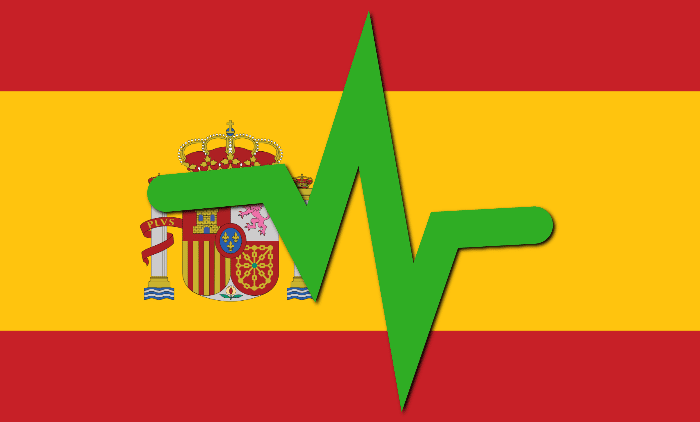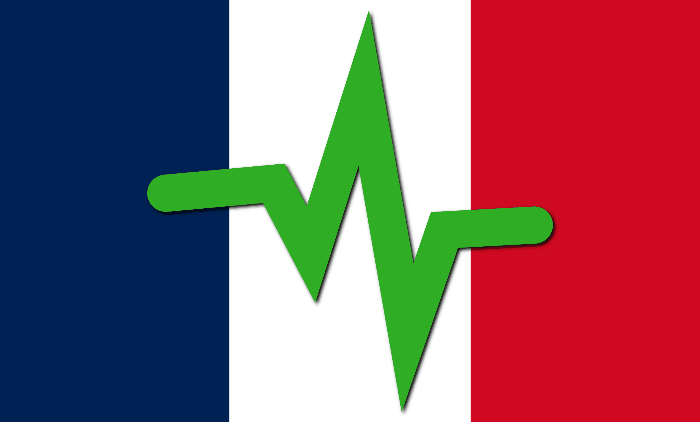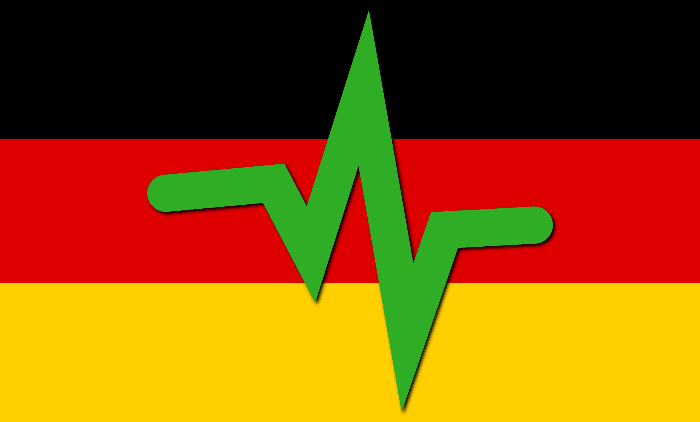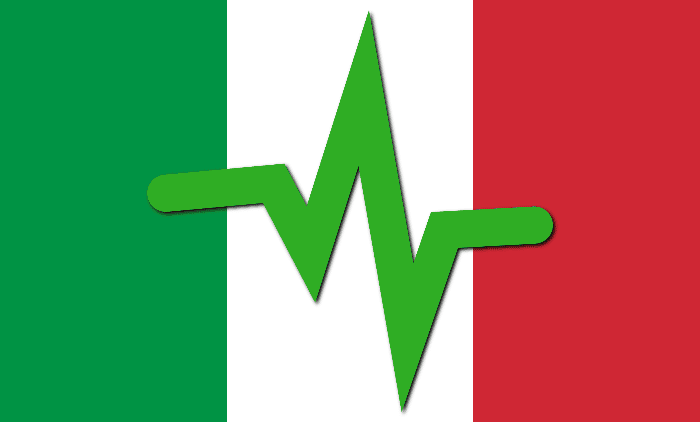When should we seriously worry about a headache
[ad_1]
We don’t usually pay much attention to headaches. Stress, tiredness, eyestrain, poor hydration, disturbed sleep, hormonal changes, a simple virus, an infection anywhere in the body… There are so many causes that can explain it (and these are just the ‘usual suspects’) that immediately We find a justification, take a painkiller and move on. That is to say, in principle it does not usually alarm us too much. But something curious happens: if it lasts a little longer than necessary or presents some ‘different’ characteristic to the usual episodes (that we know so well), our serenity goes to waste, because everything that concerns possible problems in the brain terrifies us. For this reason, headache is one of the main reasons for consultation in Primary Care and also accounts for 25% of those who receive Neurology services, according to data from the Spanish Society of Neurology (SEN). And, of course, in the ER it is a classic.
Amanda Ellison, leading researcher in the field of neuroscience and author of ‘Why Does My Head Hurt?’ (ed.Alienta), states that when we have a headache –according to the SEN, there are 5% of the population who suffer from them at least 15 days a month–, the message that the body sends us is ‘stop doing what you are doing. doing wrong’ (living hyper-accelerated, working too much, sleeping little…). And that pain makes us modify our behavior so that the problem resolves ‘on its own’ or leads us to take a painkiller. But sometimes what we should do is go to the doctor quickly. Here are eight clues that your headache may be something serious.
Abrupt start
A headache announces itself until an explosion occurs. If it goes off like an explosion, especially after playing contact sports, it is best to have it evaluated by a professional. As Ellison explains, a headache like this should not be taken lightly. “It may indicate that a blood vessel has ruptured and damaged brain tissue or become blocked, depriving the brain of nutrients,” he says. This situation can occur due to a blow, a stroke…
What if sudden pain, for example, wakes us up at night? It can be serious, although many times it will be due to “a hypertension problem,” indicates Marco Antonio Moras Hernández, Emergency Coordinator at the Vithas Vitoria Hospital. What if it happens after intense physical exercise or sex? A glass may have broken and constitute an emergency, yes, but it may also be due to more benign causes, such as a type of migraine called ‘thunderclap headache’ (lasts an hour with peaks of pain every minute).
Persists more than 48 hours. “If a person who is not diagnosed with migraine has persistent and intense pain for more than 48 hours…, it is a reason for consultation,” says Moras Hernández.
Changes in tension. When the headache is accompanied by changes in the person’s hemodynamics – that is, for example, increases or decreases in blood pressure – we must seek help from a professional to rule out serious pathologies.
Neurological disorders. “If we notice a neurological condition, like we talk nonsense, we limp, we have lost strength in a limb…, we cannot let it run,” he says. If this happens, a recommendation: we should not make the mistake of taking a painkiller and going to sleep. If we have suffered a stroke, rapid medical assistance can mean the difference between life (with or without sequelae) and death.
One pupil dilated and the other not. If our head hurts and, when we look into our eyes with a flashlight, one pupil constricts and the other does not change…, it could even be an indication of a brain tumor.
“Agonizing” pain. If we suddenly notice pain that is described as “agonizing” – “the worst headache of your life,” Ellison describes – and it is accompanied by neck stiffness, the cause may be a brain hemorrhage due to an aneurysm (lump in a blood vessel) that has burst.
Temple, jaw, eye… Normally, the severity of the headache is not manifested by its location, but there are two cases in which it can be relevant: from a certain age, if the pain is located in the temple or even in the jaw area, It may be due to inflammation of the blood vessels that carry blood to the upper part of the body and require treatment. If the headache is centered in one eye (which may be red), it may be acute glaucoma and lead to blindness. It’s an emergency.
It’s not like always. Those who suffer from severe headaches and intense migraines know very well how they develop. Therefore, if the headache has a different pattern than usual, you should go to a doctor. There are serious ailments that, at first, are confused with severe migraines, hence the necessary examination.
Stress, the most common
According to the Emergency Coordinator at the Vithas Vitoria Hospital, the vast majority of headaches seen in consultation – both in Primary Care and in the Emergency Room – are due to stress. And this sometimes drives doctors a little crazy. Why? Because stress can generate very dramatic physical responses with neurological overtones (tremors, tingling, lack of sensitivity…) and that are confused with symptoms of serious illnesses. “Especially, if people read things on the Internet and then come to the doctor with ideas in their heads…”, he slips. Fortunately, he says, there are exams and tests that immediately clarify the situation.
[ad_2]
Source link




